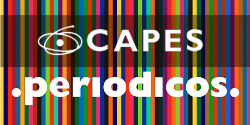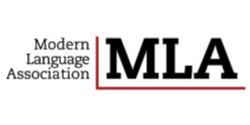O maravilhoso na literatura tolkieniana: um olhar sobre a modernidade
Abstract
In addition to being authored by The lord of the rings, John Ronald Reuel Tolkien, he was also a philologist and professor at the University of Oxford who dedicated his life to the study and creation of languages, in parallel to his literary project. Although his most famous work still rests in The lord of the rings (1954), the trilogy is part of a larger mythical literary project, in which Tolkien tried to supply the lack of a properly British mythology. Thus, the writer conceived a complete absolute universe, the stage for his unusual characters. Moreover, Tolkien was still a critical man in his own time: contrary to the two great wars that he not only experienced, but actively fought, one of the main themes of his literature, which is war. In this sense, The Lord of the Rings is, above all, a narrative about a war against totalitarian power. In this way, the marvelous, as a genre typical of fairy tales, serves as a literary tool in which modernity is reflected, although, involuntarily, by the author, who, in turn, denied the intentional allegory. From this perspective, this work analyzes Tolkien's look at modernity, through the wonderful universe of Eä.







